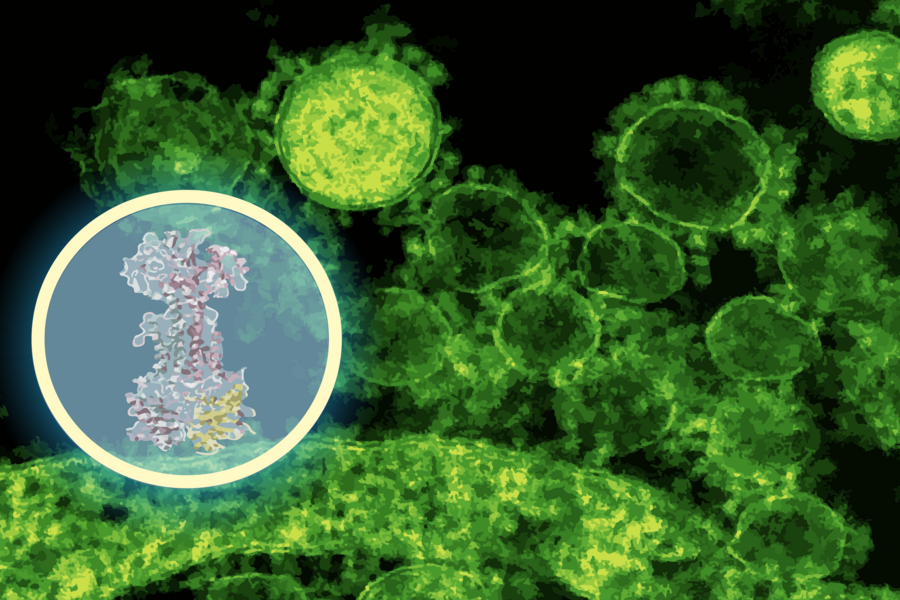For patients with inflammatory bowel disease, antibiotics can be a double-edged sword. The broad-spectrum drugs often prescribed for gut flare-ups can kill helpful microbes alongside harmful ones, sometimes worsening symptoms over time. When fighting gut inflammation, you don’t always want to bring a sledgehammer to a knife fight.
Researchers at MIT’s Computer Science and Artificial Intelligence Laboratory (CSAIL) and McMaster University have identified a new compound that takes a more targeted approach. The molecule, called enterololin, suppresses a group of bacteria linked to Crohn’s disease flare-ups while leaving the rest of the microbiome largely intact. Using a generative AI model, the team mapped how the compound works, a process that usually takes years but was accelerated here to just months.

